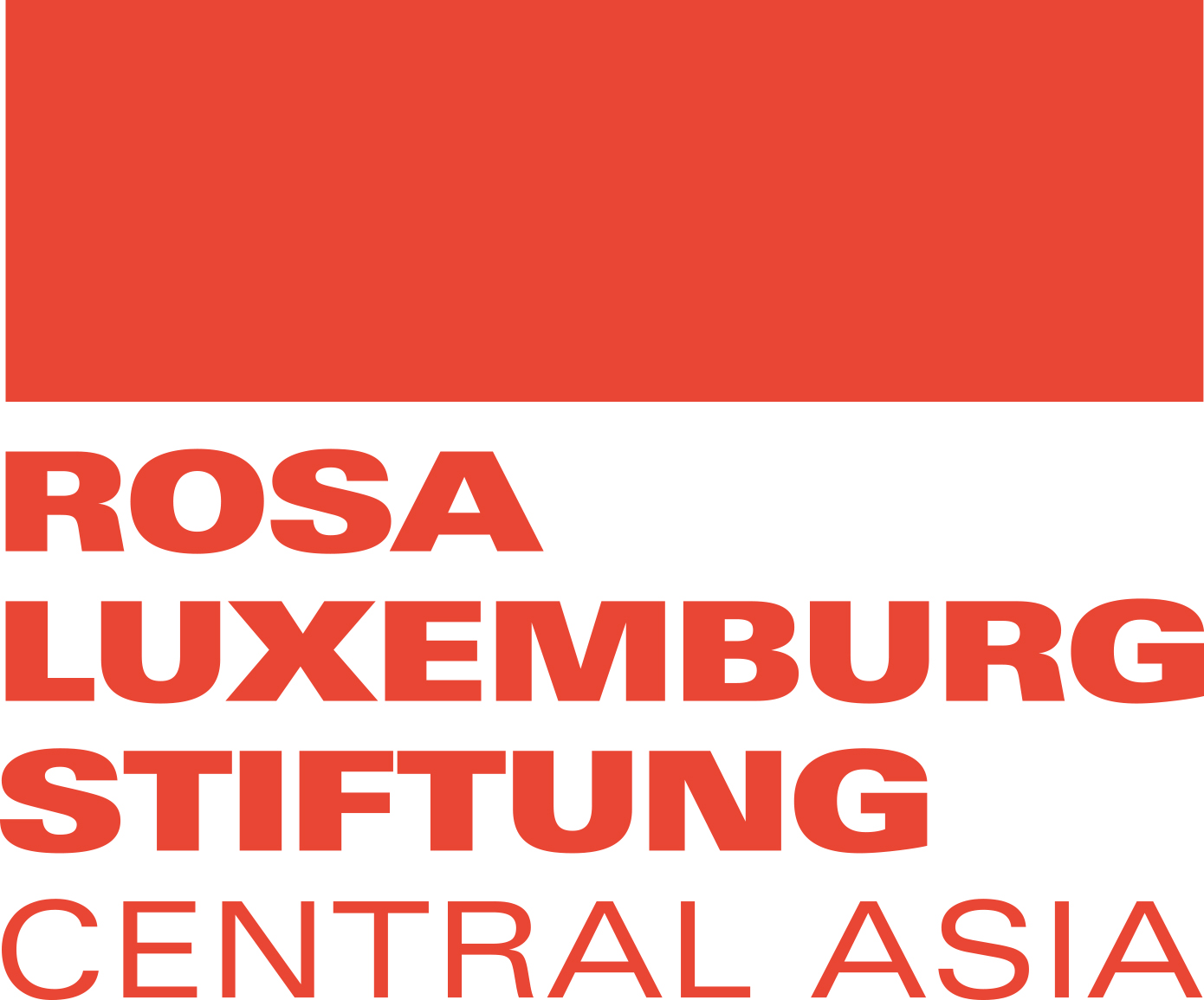13 June 2022
Women's Rights and Feminist Struggle in Central Asia
Germany, Kazakhstan, Kyrgyzstan, Tajikistan, Uzbekistan
RLS Representative Office in Central Asia
RLS Representative Office in Central Asia
Women's Rights and Feminist Struggle in Central Asia
The Rosa Luxemburg Shtiftung in cooperation with the Office in Central Asia (Almaty) conducted an online discussion "Women's rights and feminist struggles in Central Asia" on June 13 June 2022, 13:00-15:00 (Berlin time)/17.00-19.00 (Almaty time). The discussion was held in Russian and German with simultaneous interpretation.
The discussion focuses on the comparison of women's rights and everyday practices in Soviet times and in contemporary Central Asia. The Soviet modernization project aimed to change not only the political order, but also the social order, changing gender hierarchies and people's everyday practices. One of the key elements of this project in Central Asia was the "liberation of the women of the East". A new image of a woman who understands what it means to be free and to participate equally in the social and political life of the country was being formed. Legal equality between men and women was enshrined at constitutional level. Women's liberation was also aimed on economic emancipation and their use as a labor resource. A system of children's educational institutions was established, health and hygiene standards were promoted and women's access to education was increased. In the same time, the 'liberation of women of the East' project did not involve the formation of a subjective position for women themselves, as they were seen only as a power point, an object of reform.
What changes in women’s rights and their role/ status happened after the Soviet Union failed and sovereign states established in Central Asia? What changed with women's rights and their role in society after the collapse of the Soviet Union and the emergence of sovereign states in Central Asia? Does the Soviet policy of women’s liberation have an impact on the present status of women and feminist discourses in Central Asia today? Does the modern woman today become a subject of social and political reforms as well as an active fighter / campaigner for her rights and equality? How did women’s rights change with the fall of the Soviet Union and what do women fight for today? Is there a serious potential impact of feminism on the socio-political life of the Central Asian countries and the emergence of new forms of women's organization here? The questions mentioned bellow as well as others were discussed in the frameworks of the online events.
Key speakers on the online discussion:
1. Svetlana Shakirova – PhD. in Philosophy, Head of Scientific Publications Monitoring Department, the Kazakh National Women's Pedagogical University, Almaty, Kazakhstan.
Topic: The legacy of the Soviet and the types of women in Kazakhstan.
2. Jyldyz Kuvatova – Associate Professor, Department of Journalism & Mass Communications, American University – Central Asia (Kyrgyzstan), expertise in the area of strategic communication, program management, human rights, gender equality and women's empowerment, media development, research and management consulting.
Topic: Feminism in Kyrgyzstan: Problems of the Movement Formation in the Post-Industrial Era.
3. Sophia Kasymova - Director of the “Gender Education Centre”, Candidate in Philosophy, specialist in gender studies, sociologist (Dushanbe, Tajikistan).
Topic: Women's Rights and Feminist Struggle in Central Asia: case of Tajikistan.
4. Zhanar Sekerbayeva – feminist activists, one of the founders of the Kazakhstan feminist initiative “Feminita” (Kazakhstan).
Topic: Queer feminist activism in Kazakhstan is a locomotive of the feminist movement.
The Rosa Luxemburg Shtiftung in cooperation with the Office in Central Asia (Almaty) conducted an online discussion "Women's rights and feminist struggles in Central Asia" on June 13 June 2022, 13:00-15:00 (Berlin time)/17.00-19.00 (Almaty time). The discussion was held in Russian and German with simultaneous interpretation.
The discussion focuses on the comparison of women's rights and everyday practices in Soviet times and in contemporary Central Asia. The Soviet modernization project aimed to change not only the political order, but also the social order, changing gender hierarchies and people's everyday practices. One of the key elements of this project in Central Asia was the "liberation of the women of the East". A new image of a woman who understands what it means to be free and to participate equally in the social and political life of the country was being formed. Legal equality between men and women was enshrined at constitutional level. Women's liberation was also aimed on economic emancipation and their use as a labor resource. A system of children's educational institutions was established, health and hygiene standards were promoted and women's access to education was increased. In the same time, the 'liberation of women of the East' project did not involve the formation of a subjective position for women themselves, as they were seen only as a power point, an object of reform.
What changes in women’s rights and their role/ status happened after the Soviet Union failed and sovereign states established in Central Asia? What changed with women's rights and their role in society after the collapse of the Soviet Union and the emergence of sovereign states in Central Asia? Does the Soviet policy of women’s liberation have an impact on the present status of women and feminist discourses in Central Asia today? Does the modern woman today become a subject of social and political reforms as well as an active fighter / campaigner for her rights and equality? How did women’s rights change with the fall of the Soviet Union and what do women fight for today? Is there a serious potential impact of feminism on the socio-political life of the Central Asian countries and the emergence of new forms of women's organization here? The questions mentioned bellow as well as others were discussed in the frameworks of the online events.
Key speakers on the online discussion:
1. Svetlana Shakirova – PhD. in Philosophy, Head of Scientific Publications Monitoring Department, the Kazakh National Women's Pedagogical University, Almaty, Kazakhstan.
Topic: The legacy of the Soviet and the types of women in Kazakhstan.
2. Jyldyz Kuvatova – Associate Professor, Department of Journalism & Mass Communications, American University – Central Asia (Kyrgyzstan), expertise in the area of strategic communication, program management, human rights, gender equality and women's empowerment, media development, research and management consulting.
Topic: Feminism in Kyrgyzstan: Problems of the Movement Formation in the Post-Industrial Era.
3. Sophia Kasymova - Director of the “Gender Education Centre”, Candidate in Philosophy, specialist in gender studies, sociologist (Dushanbe, Tajikistan).
Topic: Women's Rights and Feminist Struggle in Central Asia: case of Tajikistan.
4. Zhanar Sekerbayeva – feminist activists, one of the founders of the Kazakhstan feminist initiative “Feminita” (Kazakhstan).
Topic: Queer feminist activism in Kazakhstan is a locomotive of the feminist movement.




